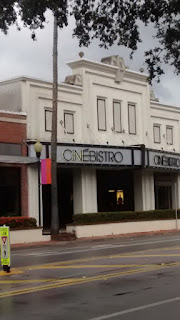Albert Camus said, “You will never be happy if you continue
to search for what happiness consists of. You will never live if you are
looking for the meaning of life.” Does this mean we shouldn’t try to seek ways
to be happier? Should we just “get over it” and live the life before us?
Well, that depends on what we mean by happiness.
If we’re confusing happiness with pleasure, maybe. Continual
chasing of pleasure and feel-good moments will not bring deep and lasting
happiness. Being afraid of or avoiding negative emotions will also backfire,
because frankly, no life is devoid of experiences that feel sad or scary and
there is a lot to be learned from those experiences. But happiness as I define it
here on the blog isn’t just pleasure—it’s a deeper, wider, more
all-encompassing emotion. An emotion that includes joy and pleasure, but also
satisfaction after achieving something worthwhile, or living up to my ideals in
a difficult situation. It also encompasses contentment and a feeling of
well-being. So many facets of happiness make achieving it easier as well as
more worthwhile.
We run into trouble when we feel we should always
feel happy. Negative feelings are normal. Thinking we shouldn’t have them can
make us even more miserable. We shouldn’t pursue feelings of happiness at the
expense of everything else. That would be like eating only chocolate and never
eating spinach and expecting to be healthy. Maybe the spinach doesn’t taste as
good as the chocolate (at least to me it doesn’t), but it offers nutrients
chocolate doesn’t. I want to be strong and healthy in both body and mind, and I
can’t do that if I only eat chocolate…or pursue pleasure. We should be open and
accepting of the richness of all our emotions, even times of sadness, fear, boredom,
or frustration. These emotions often bear a message of change, or wake us up
from sleepwalking through life.
I can’t say that I’ve been especially happy the past two
weeks. And yet—I have. I’m heartbroken over losing our beloved family dog, but
somehow the breaking open of my heart has allowed in the caring and
understanding of others, and in those moments, I’ve felt loved by and connected
to them in ways I hadn’t before. The crack in my heart has released my feelings
of love and gratitude for those people, and for the many other rich gifts in my
life.
What does pursuing happiness mean to you?















































